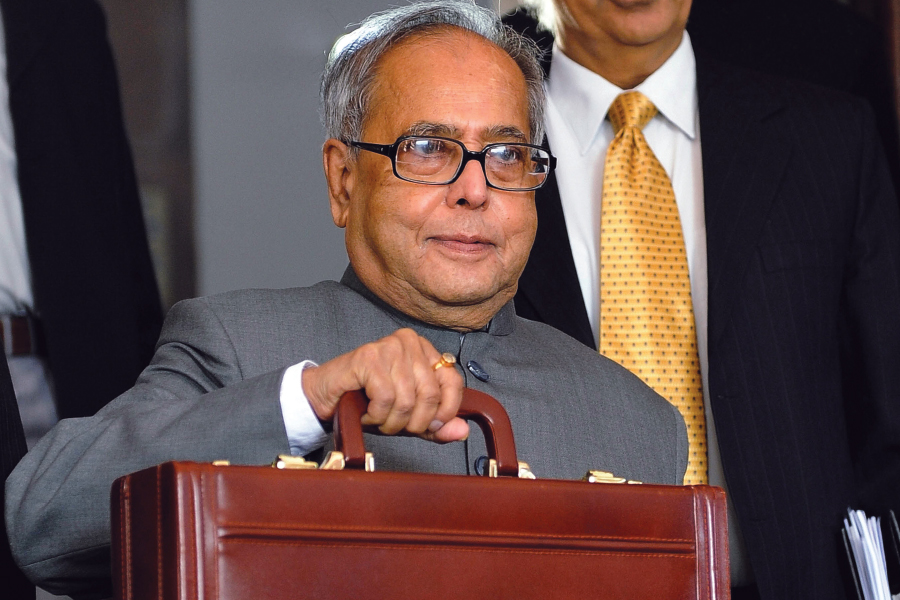Tax reforms set out in the 2009 budget have been widely welcomed, but an unexpected rise in minimum alternate tax has alarmed investors. Rohan Shah and Anay Banhatti report
India’s complex and opaque tax system may soon be a thing of the past. If recent budget proposals, which include a direct taxes code (DTC) and a goods and services tax (GST), are followed through, the country could be in for its most significant tax policy shift since 1947.
A high level of taxation means that India’s budget has the potential to significantly affect the annual profitability of many domestic and foreign businesses. This in turn generates intense industry and media interest in the budget announcement. The budget presented by finance minister Pranab Mukherjee on 6 July was no exception.
As it was the first budget from the recently re-elected Congress-led government, expectations were high. Unburdened from the shackles of coalition partners of previous years, the government was widely expected to announce major policy initiatives that would affect domestic and foreign participants in the Indian economy.
A promise fraught with challenges
Key hurdles facing the introduction of the GST:
- Formulating a uniform legislative structure to support the dual levies of central GST and state GST.
- Setting a uniform revenue-neutral rate.
- Resolving what will trigger the levy of GST. Will it be the place of supply or the place of consumption?
- Creating an efficient mechanism for transfer of tax credit between central and state GST.
–
Tax reforms
Foreign companies and investors, long hoping for an end to a tax system fraught with inefficiencies and delays, had much to cheer when the introduction of the DTC was announced and the time-bound affirmation of the implementation of the GST from 1 April 2010 was made. If introduced in the proposed timeframe, these measures have the potential to reinvent and revitalize a tax system dominated by the verbose Income Tax Act, 1961, and a web of overlapping indirect taxes, which are separately legislated, levied and litigated.
You must be a
subscribersubscribersubscribersubscriber
to read this content, please
subscribesubscribesubscribesubscribe
today.
For group subscribers, please click here to access.
Interested in group subscription? Please contact us.
你需要登录去解锁本文内容。欢迎注册账号。如果想阅读月刊所有文章,欢迎成为我们的订阅会员成为我们的订阅会员。
Rohan Shah is the managing partner of Economic Laws Practice, a law firm based in Mumbai. Anay Banhatti is an associate with the firm.























